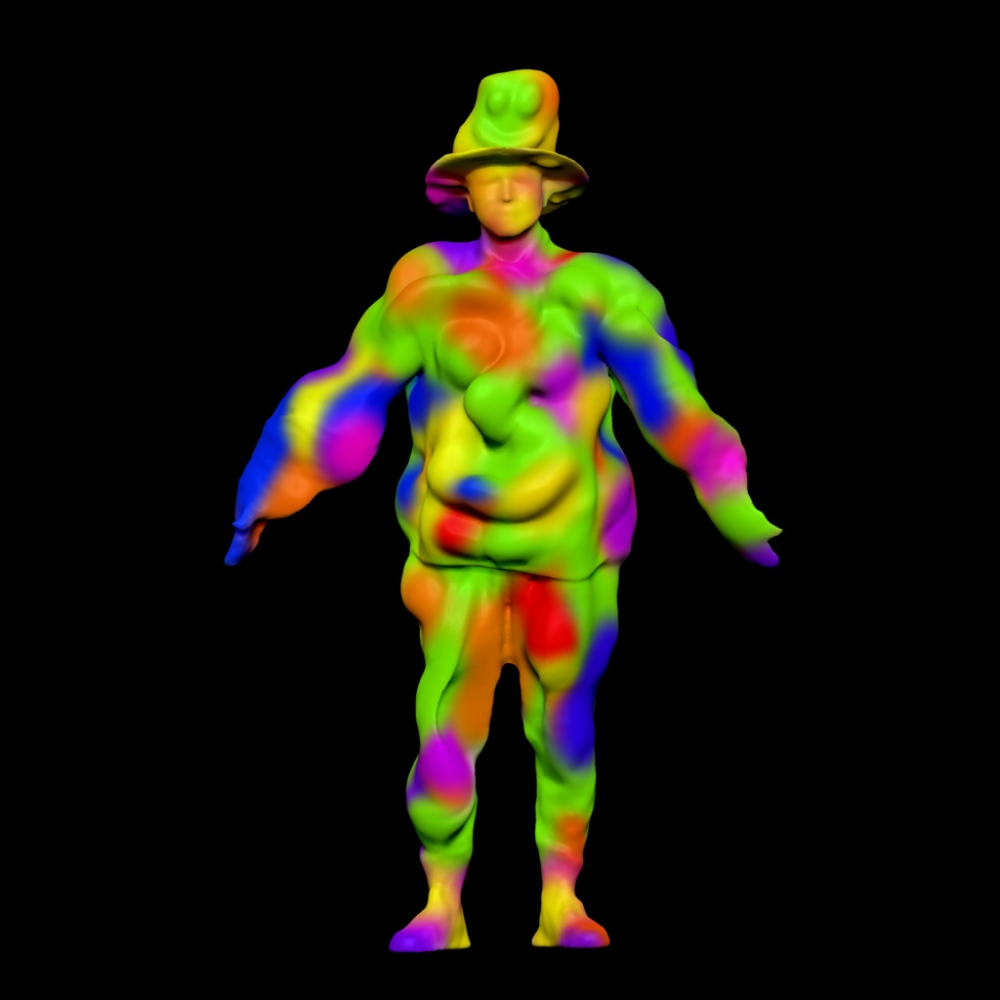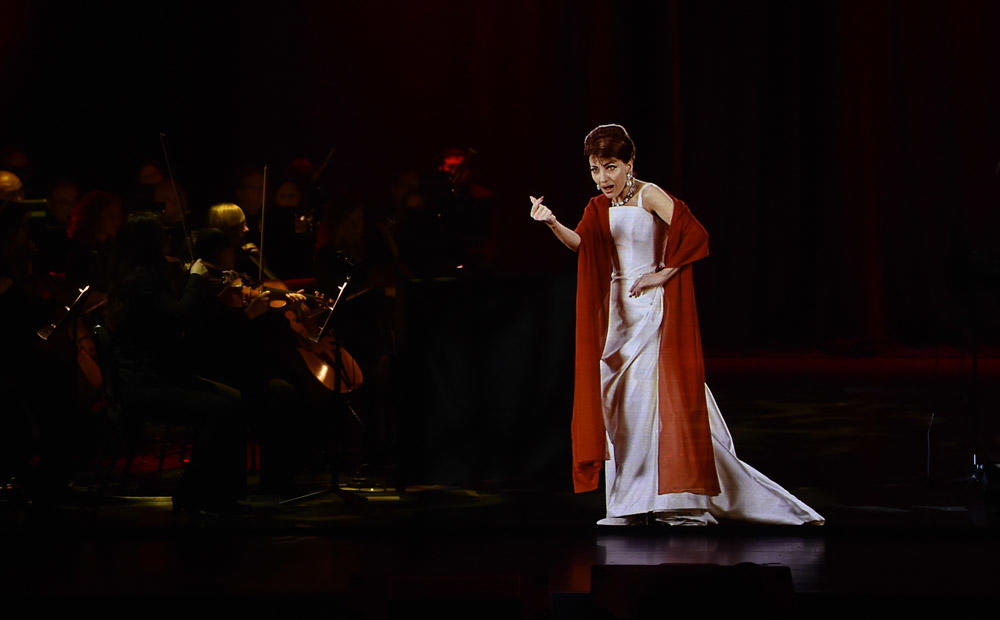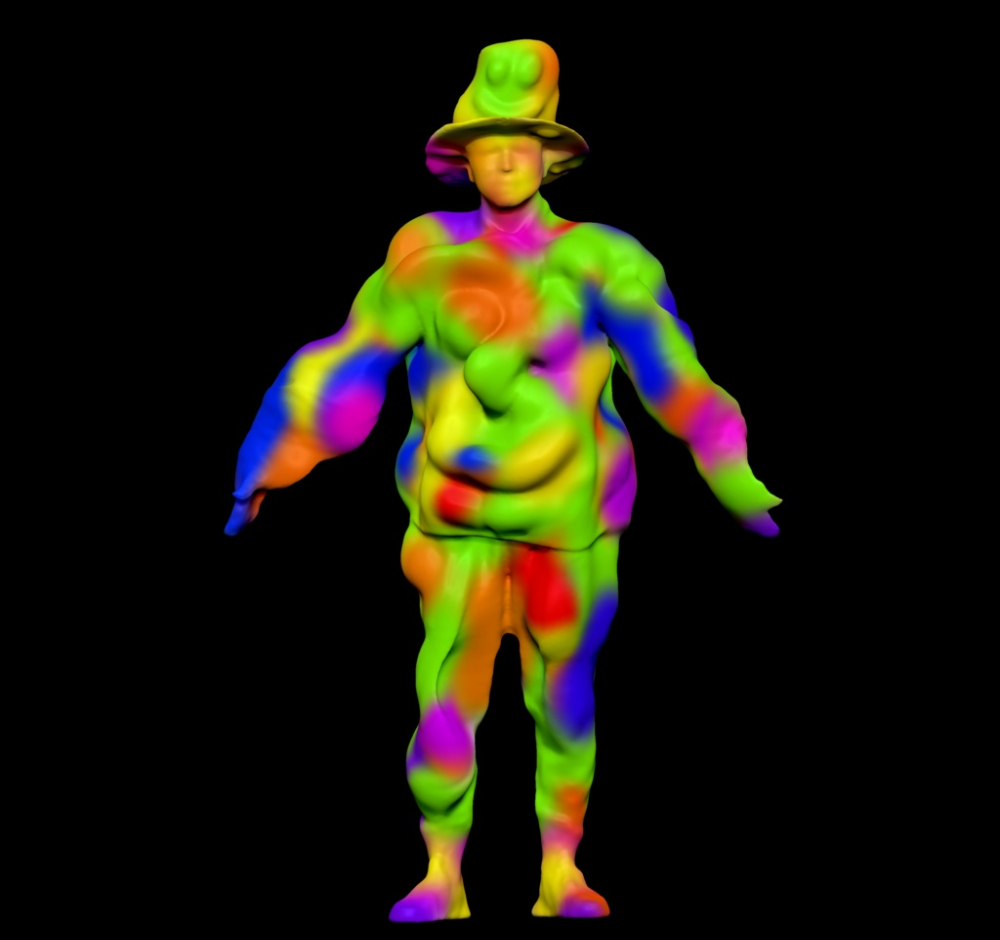Holograms question our relationships with ghosts
Sixteen years after his death, Tupac Shakur returns to the stage for a last concert at Coachella. The hologram of the rap icon inaugurates a new bridge between the world of the living and the one of the dead….
Holography was born in the middle of the XXth century. The hologram is a three-dimensional image, reproducing the appearance and the attitude of the desired subject. Popularized by scientist Satoshi Kawata, hologram was finally stable and multicolored in 2011. Between nostalgia, technology and fascination for the world of esotericism, hologram quite naturally becomes the new costume to give life to the dead.
In the digital installation We come in Peace by Tin & Ed, the spectral entities are 3D scans of artists and designers from around the world. During this virtual evening, spectators are invited to dance alongside these half-alien, half-human holograms.
This desire to capture the essence of the dead, and sometimes even the living, says a lot about our relationship to ghosts. Sinister or reassuring, we cultivate a very particular attachment to these poltergeists. With holography, these digital ghosts revive the representation of death in visual cultures, or, as in We come in Peace installation, an eternal celebration. At the crossroads of the evanescent character of The Ghost, signed by the master of Japanese printmaking Tsukioka Yoshitoshi, and the hyperrealist sculpture of the Australian Ron Mueck, these specters distil at the same time ethical, artistic, technological and above all intimate questions. How far will we go to bring the dead back to life and give the living eternity?
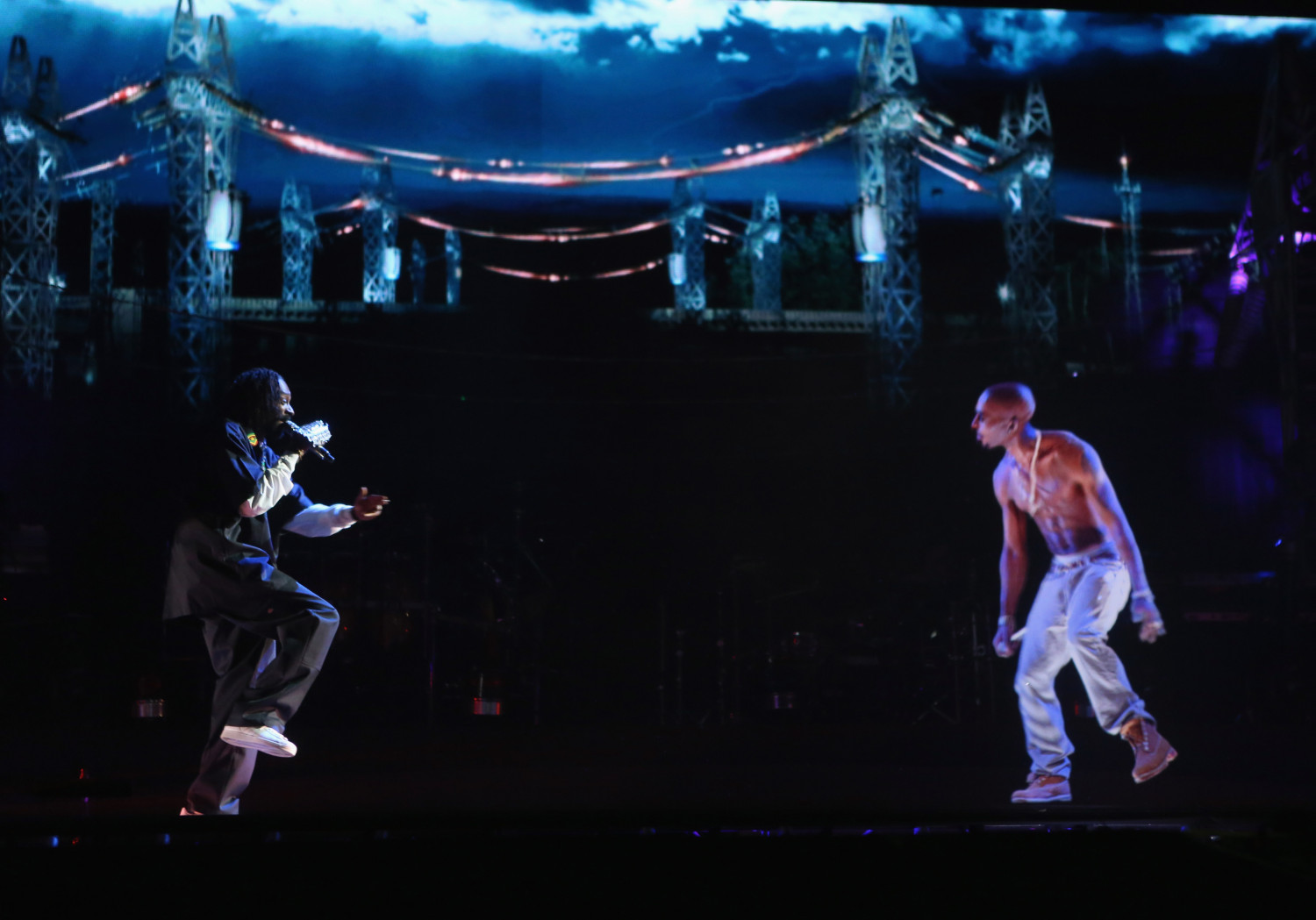
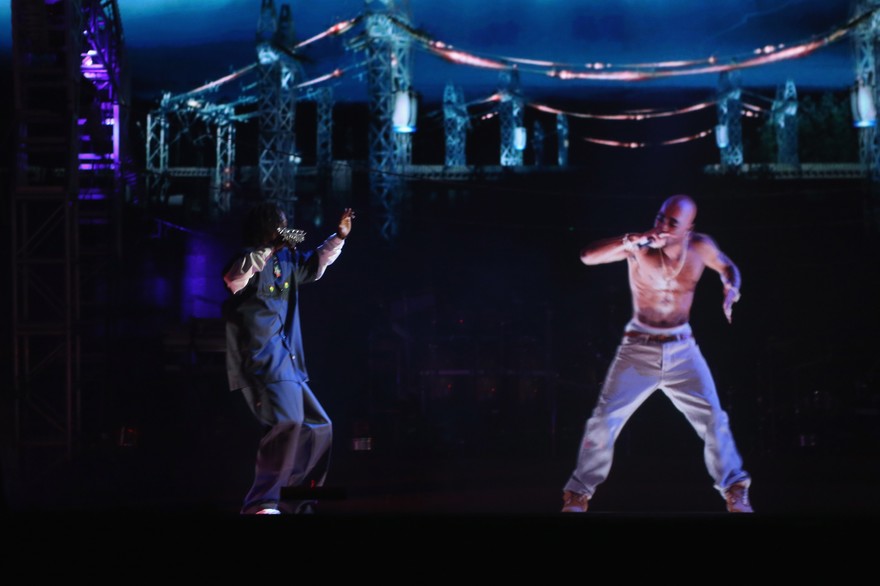
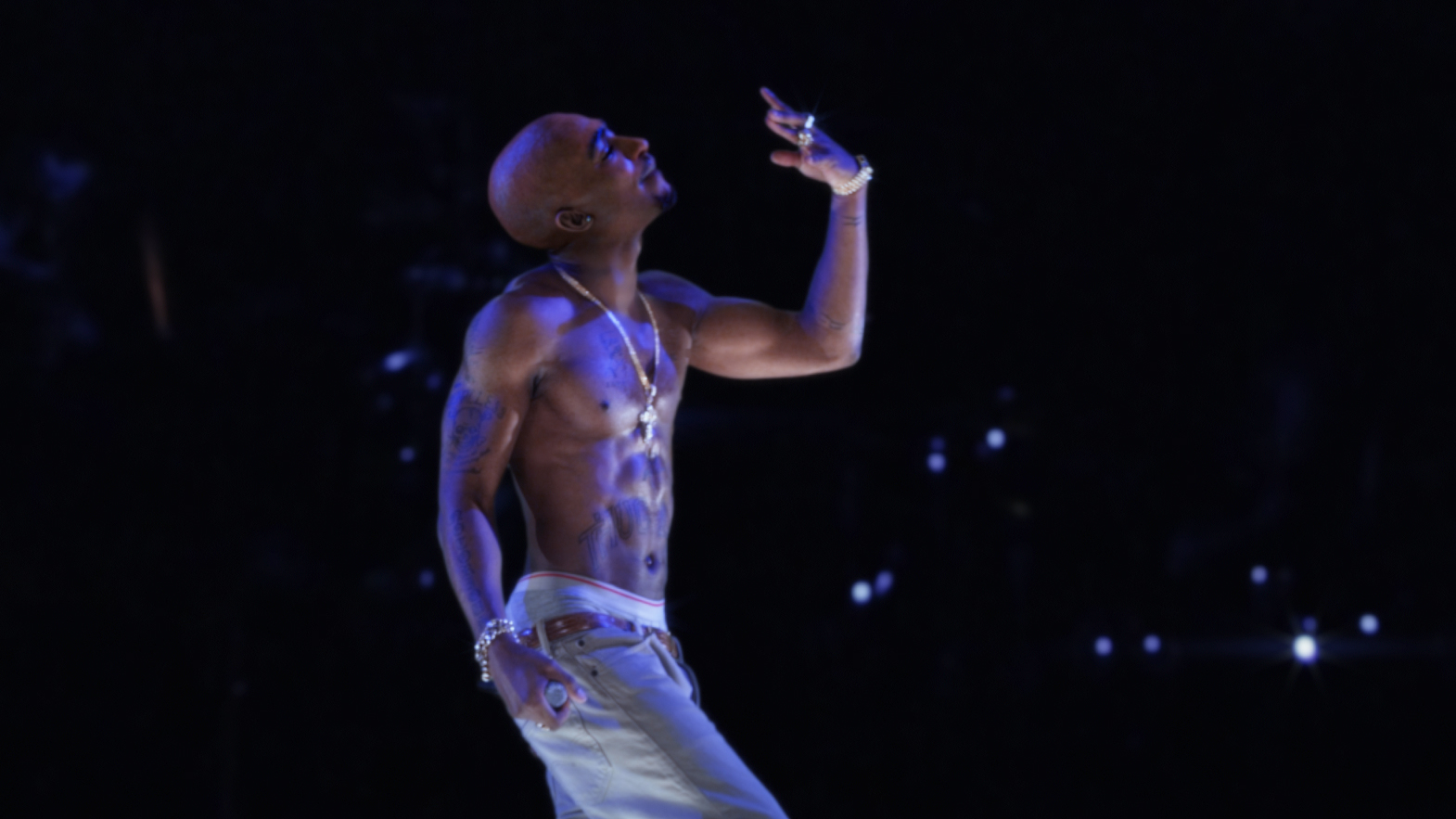

We come in Peace is a big digital party, where spectators are invited to dance alongside holograms.
